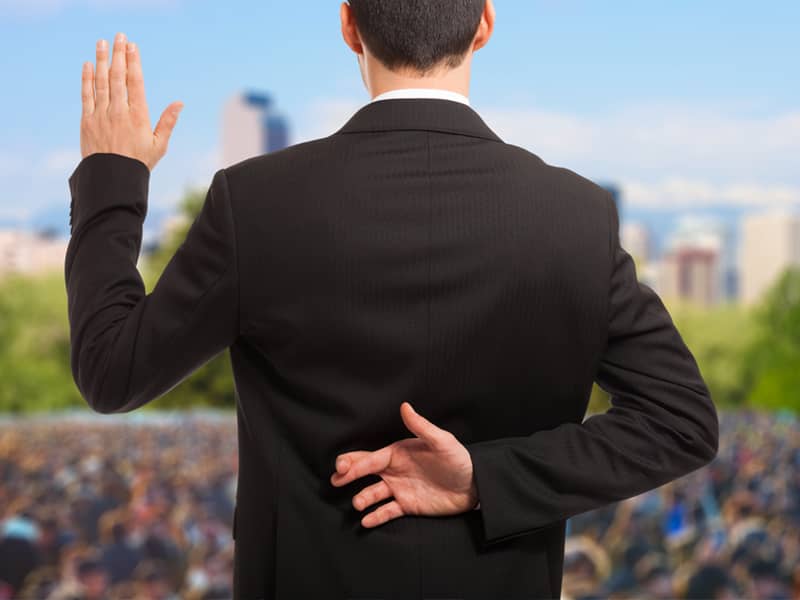The fact of the matter is, the closeness of this election is in itself evidence that something is going on that defies traditional political analysis. During a period of relative peace and of protracted economic growth, an incumbent candidate enjoys incredible advantages. Major polls show most voters believing that the country is moving "in the right direction" on those issues. Al Gore would have been easily elected if those issues were driving the electorate.
In contrast, most analysts ignored another question on the same political surveys. Nearly two-thirds of the country has consistently said this year that America is headed in the wrong direction morally. It was that unease on matters of the heart and soul that made this race competitive and still may result in George W. Bush taking the oath of office.
The gender gap always receives the most "ink" in election cycles, but the voting results from around the country show a variety of other issues that divide the electorate. And almost all these divisions can be explained by deeply held views on moral and social issues that seldom make headlines during an election.
Those voters who were most religious voted Republican. More secular voters went strongly for Al Gore. Among voters who accept the label "religious right"--about 14% of all voters--80% gave their vote to George W. Bush, while only 18% voted for Gore-Lieberman. (The only "religious" group that bucked this trend was African-Americans. African-Americans are much more pro-life and more frequent churchgoers than the population at large, yet they turned out overwhelmingly for the Democratic Party. Many of those voters also believed they were voting on morality, but in their case they chose to emphasize the biblical teachings on helping the poor, to whom they believe the Democrats are more sympathetic.)
The divisions don't stop there. The typical voter who pulled the lever for Bush was much more likely to be married and to have children living at home than a Gore voter. Seventy-two percent of Republicans are married, compared with 59% of Democrats.
Women voted for Gore, but not married women with children. "Family values" continue to be mocked by political elites, but voters who care about those issues take those cares into the voting booth, and they vote Republican.
There also were incredible divisions in the vote by region. This was particularly true in rural areas and outer suburbs, where social attitudes are conservative and religiosity is high. The increasing movement of those voters to the GOP gave Bush states like Arkansas, Gore's home state of Tennessee, and, even more surprisingly, West Virginia.
It is easy to forget--amid all the polling, focus groups, talk shows, late-night predictions, and television drama--that elections are remarkable and important matters. Elections are barometers of the American character. They test what we value, what we aspire to, and what kind of people we are. They affirm the dignity and responsibility of all citizens to weigh--as equals under God--the principles upon which our shared way of life will rest.
What is the American way of life today? What does it mean to be an American? What kind of society do we live in? In the days preceding the Civil War, Abraham Lincoln observed, with a sense of both tragedy and hope, that a "house divided against itself cannot stand."
America today is a house divided. We are, on the one hand, practical and sensible, decent and charitable, creative and hard-working. We are, in many corners of the nation, a compassionate and prosperous people. We are still, at our best, a beacon of hope around the world.
But we are also a nation that has lost the certainty of its purpose. We are a nation alienated from our own highest ideals. We love freedom--but too often we treat freedom as a blank check to live as we please, rather than a sacred responsibility to live just and virtuous lives. Too many Americans take America for granted.
These issues and differing views of them are motivating millions of voters, but our politics are not providing us with the open and passionate debate we need. Whoever takes office in January (I hope and believe it will be George Bush), this gap between political elites afraid to discuss values, and voters who care deeply about those values, has to close.

